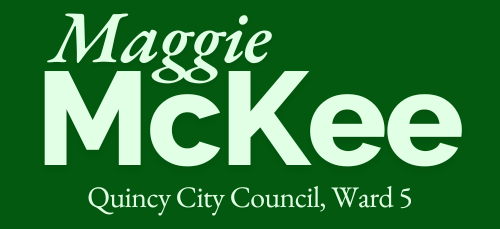Is the city council fulfilling its duties?
It’s budget season, which means we’re weighing the costs and benefits of city programs and services. With inflation high and recession looming, it’s more critical than ever to make sure that every line item in the city’s budget is worth its cost – especially when that cost is set to balloon by 50%.
That’s exactly what will happen to city councilors’ salaries in January, thanks to the 50% pay bumps they voted to give themselves last year.
So are taxpayers getting the services from the city council that they deserve? My research suggests the answer is no.
Lack of public hearings. Residents have repeatedly asked for public hearings over recent controversies, including the mayor’s $850,000 purchase of saint statues for the new public safety headquarters. Each time we were rebuffed, with Council President Cain arguing recently that “people have an opportunity to opine and weigh in on these things at the ballot box.” But according to the council’s own rules (rule 25), a special council meeting expressly for public hearings is supposed to occur on the second Monday of each month. That’s right – a public hearing is supposed to happen each month.
Furthermore, rule 26 says that at any public hearing held by the council, each speaker can take 10 minutes to address the topic at hand for a total of up to three hours. If there is time left after everyone has weighed in on the hearing’s subject, rule 26 says that people can address other issues. That flies in the face of how councilors handle the few public hearings they do hold, when they set shorter speaker time limits or turn off residents’ mics if they deem the comments off-topic.
2. Lack of committee activity. The council has set up 19 committees – 17 of which are standing committees that deal with “evergreen” matters. According to the committee agendas on the city website, only two of these have met in the last year: the finance and ordinance committees. Aside from those two, the most recent committee meeting took place in 2020, and seven of the committees show no record of ever having met (including the community engagement and housing committees). But perhaps it’s not surprising that the committees tend not to meet – the full council canceled a February meeting this year because it said it had “no business” to discuss.
3. Lack of debate and dissenting votes. According to chapter 19 of the city code, the duties of each councilor include “identifying and discussing issues impacting the City of Quincy, receiving and considering public input, [and] making appropriate decisions in a manner which encourages full and open discussion.”
But this city council rarely debates issues among themselves, and that is clear in the votes they take. A listing of all the votes on issues before the council in 2024 shows that out of 157 votes, only one had any dissenting votes (a recommendation to exclude recent Massachusetts residents from the state’s right-to-shelter law, which was opposed by Ward 6 Councilor Bill Harris, At-Large Councilor Nina Liang, and Ward 2 Councilor Richard Ash). That means that 99.4% of the time, all councilors voted as one. Even for contentious issues such as the Granite Links Golf Club lease extension, where dozens of residents spoke out against the deal, arguing that it benefited the developers who donate to politicians at the expense of taxpayers who own the land, not a single councilor voted against the lease. When so many residents opposed the plan, it’s hard to see how councilors fulfilled their duty to “represent the residents of Quincy.”
The zeroes in the final column represent “nay” votes
Are taxpayers getting their money’s worth from this council? With every council seat on the ballot this November – and full disclosure, I am running in ward 5 – that’s a question I hope residents will “weigh in” on at the ballot box, as Councilor Cain recommended. It’s time for the council to follow its own rules and engage in meaningful discourse with the public and each other.



